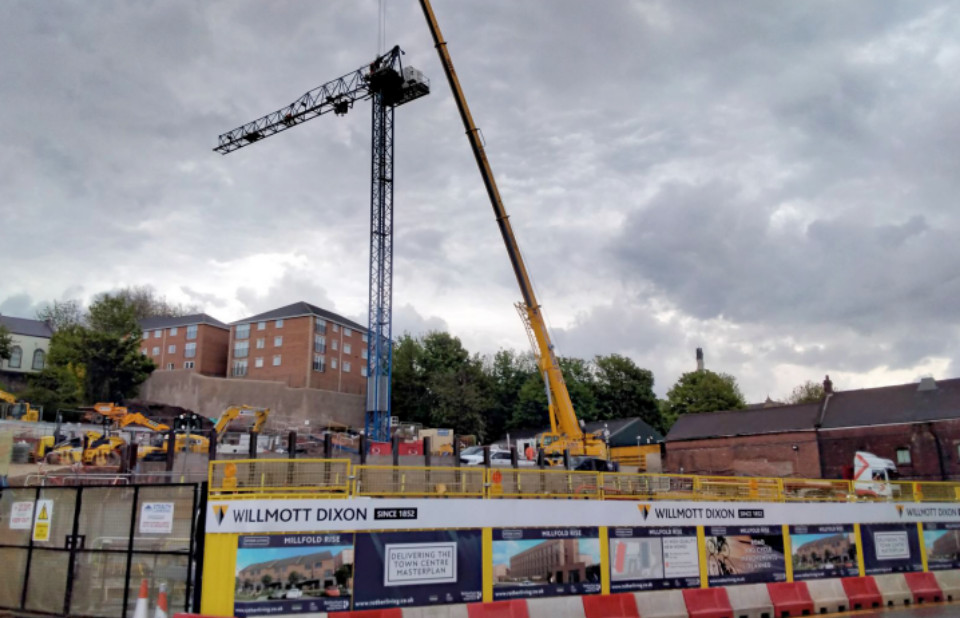Developing the service specification and co-production
The specification must set out the detailed requirements for the contract, including the social/ community benefits. While the details will vary from contract to contract there are a number of common elements that are included in specifications.
These include:
- Reference to the Social Value Policy
- Legal underpinning for the requirements
- Access to the Social Value Portal to indicate the measurable performance indicators relating to the required outputs, monitoring and performance review requirements
- a disclaimer to protect the provider from claims relating to any supply-side interventions they make
As with all other elements of the specification, these need to be drafted into clauses that are unambiguous and provide a ‘level playing field’ in the tendering process for contractors.
Co-production of a service specification
Co-production operates at many levels: strategic, service design and development and individual. It means people are involved as an equal partner in designing the services they receive. The term Co-production is more common to service design associated with health and care services, however, infrastructure projects involving capital spend are not limited to simply delivering the engineering outputs. By focussing on the broader social outcomes, infrastructure projects can create additional social value and can help address local socio-economic issues and inequalities; create jobs for previously unemployed people; provide opportunities for Small and Medium Enterprises; and ultimately increase the quality of life of people involved in, or impacted by, an infrastructure project.

The term Co-design is applied in these cases but is interchangeable with terms ‘participatory design’ and ‘co-production’ and mean local people and organisations are actively engaged in informing the vision and brief, in ideas generation and in decision-making.
Co-production involves professionals, members of the public and organisations representing, i.e., faith groups, people with lived experience of the service, marginalised groups (BAME, LGBTQ+, Gender Based, Disability – physical, sensory, mental ill-health, learning disability and autism) and in fact all spheres of the public.
Co-production recognises that people who use services and their families have knowledge and experience that can be used to help make services better, not only for themselves but for other people who need the service. Co-production is different from activities like consultation, engagement and co-design because it doesn’t just ask for people’s ideas and insights; it also includes their skills and expertise.
The ladder of co-production describes a series of steps towards full co-production in health and social care. It supports greater understanding of the various pre-steps such as ‘access’, ‘inclusion’ and ‘consultation’.
www.thinklocalactpersonal.org.uk/_assets/COPRODUCTION/Ladder-of-coproduction.pdf
